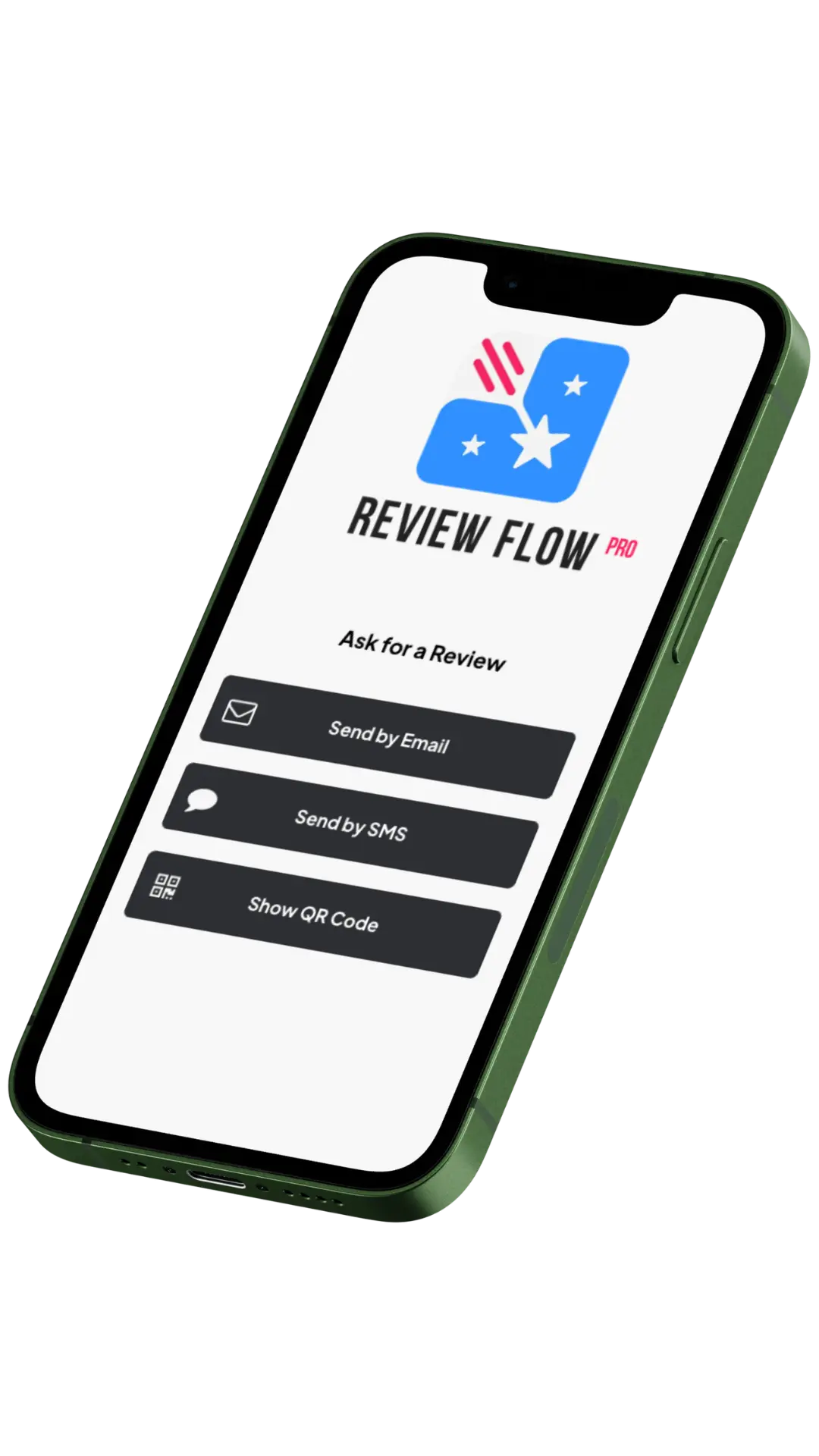Table of Contents
In today’s digital world, having a strong local online presence is essential for small businesses to thrive. With more people searching online for local services and products, it’s important to understand how to effectively reach your community. This article will explore various strategies that can help small businesses improve their visibility and engage with local customers.
Key Takeaways
- A strong local online presence helps small businesses connect with nearby customers.
- Optimizing your website for local search can improve your chances of being found online.
- Social media is a powerful tool for engaging with your local community and building relationships.
- Keeping your business listings accurate and up-to-date is crucial for local visibility.
- Creating valuable content that highlights local events and partnerships can attract more customers.
Understanding the Importance of Local Online Presence
Why Local Matters More Than Ever
In today’s world, having a strong local online presence is crucial for small businesses. People are searching for services nearby, and if you’re not visible, you might miss out on potential customers. Local searches often lead to in-store visits, making it essential to be found online.
The Shift to Digital for Small Businesses
Many small businesses are moving online to reach more customers. This shift means that you need to adapt to the digital landscape. Here are some reasons why:
- Wider Reach: You can connect with more people in your area.
- Cost-Effective Marketing: Online marketing can be cheaper than traditional methods.
- 24/7 Availability: Your business can be found at any time, day or night.
Building Trust Through Online Visibility
When customers see your business online, it builds trust. They feel more comfortable choosing you over competitors. Here are some ways to enhance your online visibility:
- Keep your business information updated.
- Engage with customers on social media.
- Encourage reviews and respond to them.
Having a strong local online presence not only helps you attract new customers but also keeps your current ones engaged.
Optimizing Your Website for Local Search
Incorporating Local Keywords Effectively
To make your website easier to find, you should use local keywords that match what your customers are searching for. Think about words or phrases that include your city or neighborhood. For example, if you run a bakery in Springfield, use phrases like "Springfield bakery" or "best cupcakes in Springfield" throughout your site.
Mobile Optimization for Local Searches
More people are searching on their phones than ever before. This means your website must look good and work well on mobile devices. Make sure your site is responsive, meaning it adjusts to fit any screen size. You can check this by using tools like Google’s Mobile-Friendly Test.
Ensuring Fast Load Times
If your website takes too long to load, visitors will leave before they even see what you offer. Aim for your site to load in under three seconds. Here are some tips to improve your load times:
- Compress images to reduce their size.
- Minimize the use of heavy scripts.
- Use a reliable hosting service.
Remember, a fast website not only keeps visitors happy but also helps with your search rankings.
By focusing on these areas, you can significantly improve your local search visibility and attract more customers to your business.
Leveraging Social Media to Boost Local Engagement
Choosing the Right Platforms for Your Audience
To effectively connect with your local community, it’s important to choose the right social media platforms. Here are some popular options:
- Facebook: Great for community groups and events.
- Instagram: Perfect for sharing visuals and stories.
- Twitter: Useful for quick updates and engaging conversations.
Creating Content That Resonates Locally
Your content should speak to your local audience. Consider these ideas:
- Share local news and events.
- Highlight local partnerships and collaborations.
- Post customer stories that reflect your community’s values.
Engaging content can help you build a loyal following.
Engaging with Your Community Online
Engagement is key to building relationships. Here are some ways to interact:
- Respond to comments and messages promptly.
- Host local contests or giveaways.
- Share user-generated content to show appreciation.
Remember, social media is about building connections. The more you engage, the stronger your local presence will be.
Utilizing Online Directories and Listings
Claiming and Updating Your Business Listings
To make sure your business is found online, it’s important to claim and regularly update your listings on various online directories. This includes platforms like Google My Business, Yelp, and Bing Places. Keeping your information accurate helps customers find you easily. Here are some steps to follow:
- Claim your listing on each platform.
- Update your contact information and hours of operation.
- Add photos to make your listing more appealing.
The Role of Reviews in Local SEO
Customer reviews play a big part in how your business appears in local search results. Positive reviews can boost your visibility and attract more customers. Here’s why they matter:
- They build trust with potential customers.
- They improve your ranking in search results.
- They provide feedback to help you improve your services.
Consistency Across Platforms
It’s crucial to keep your business information consistent across all online platforms. Inconsistent details can confuse customers and hurt your search rankings. Here are some tips to maintain consistency:
- Use the same name, address, and phone number (NAP) everywhere.
- Regularly check your listings for accuracy.
- Update any changes immediately to avoid confusion.
Keeping your online presence updated is key to attracting local customers. The more visible and trustworthy you appear, the better your chances of thriving in the digital age.
By utilizing online directories and listings effectively, you can significantly enhance your local online presence and connect with more customers.
Creating Valuable Local Content
Creating content that speaks to your local audience is essential for building connections and driving engagement. Here are some effective strategies to consider:
Blogging About Community Events
- Write about upcoming events in your area, such as festivals, fairs, or local markets.
- Share your experiences and insights from these events to make your content relatable.
- Encourage your readers to participate and share their own experiences.
Highlighting Local Partnerships
- Collaborate with other local businesses to create joint content.
- Feature stories about how these partnerships benefit the community.
- Promote each other’s services to reach a wider audience.
Showcasing Customer Stories
- Share testimonials and success stories from your customers.
- Highlight how your products or services have positively impacted their lives.
- Use these stories to build trust and show your commitment to the community.
Remember, valuable local content not only informs but also connects you with your audience.
Engaging with your community through content is a powerful way to strengthen your local presence and foster loyalty.
Implementing Local SEO Strategies
Understanding Google’s Local Algorithm
To make your business stand out online, it’s important to understand how Google’s local algorithm works. This algorithm helps determine which businesses show up in local search results. Here are some key factors:
- Relevance: How well your business matches the searcher’s intent.
- Distance: How close your business is to the searcher.
- Prominence: How well-known your business is online.
Optimizing for Google My Business
One of the best ways to improve your local SEO is by optimizing your Google My Business (GMB) profile. Here’s how you can do it:
- Claim your GMB listing.
- Fill out all the information completely, including your address, phone number, and hours of operation.
- Add high-quality photos of your business.
- Post updates regularly to keep your audience engaged.
Using Local Schema Markup
Implementing local schema markup on your website can help search engines understand your business better. This can lead to better visibility in search results. Here’s a simple way to get started:
- Identify the relevant schema types for your business.
- Use tools like Google’s Structured Data Markup Helper to create the markup.
- Test your markup with Google’s Rich Results Test tool to ensure it’s working correctly.
Remember, local SEO is not a one-time task. It requires ongoing effort and adjustments to keep up with changes in search algorithms and user behavior.
Building a Strong Online Reputation
Encouraging Positive Customer Reviews
To build a strong online reputation, you need to encourage your customers to leave positive reviews. Happy customers are your best promoters! Here are some ways to get more reviews:
- Ask for feedback after a purchase.
- Make it easy for customers to leave reviews by providing links.
- Offer small incentives, like discounts, for leaving a review.
Responding to Feedback Professionally
When customers leave feedback, it’s important to respond in a professional manner. This shows that you care about their opinions. Here’s how to handle feedback:
- Thank customers for their reviews, whether they are positive or negative.
- Address any concerns they may have.
- Keep your tone friendly and helpful.
Managing Negative Reviews Effectively
Negative reviews can happen to anyone, but how you handle them can make a big difference. Here are some tips:
- Don’t take it personally; stay calm.
- Respond quickly and professionally.
- Offer to resolve the issue privately if possible.
Remember, your online reputation is like a garden. You need to nurture it regularly to keep it healthy and thriving.
Engaging with Local Influencers and Partners
Identifying Key Local Influencers
Finding the right local influencers can greatly enhance your business’s visibility. Start by:
- Researching local social media accounts with a strong following.
- Looking for individuals who share your brand values.
- Checking engagement rates on their posts to ensure they connect with their audience.
Collaborating on Community Projects
Working together with local influencers can create a positive impact. Consider:
- Partnering for community events or charity drives.
- Co-hosting workshops or classes that benefit the community.
- Creating joint promotions that attract more customers.
Cross-Promoting on Social Media
Social media is a powerful tool for reaching more people. When you collaborate with local influencers, make sure to:
- Share each other’s posts to widen your audience.
- Tag each other in stories and posts to create a buzz.
- Use local hashtags to connect with your community.
Engaging with local influencers not only boosts your visibility but also builds trust within your community. By working together, you can create a stronger local presence and foster lasting relationships.
By following these steps, you can effectively engage with local influencers and partners, enhancing your business’s reach and reputation in the community. Collaboration is key to thriving in today’s digital landscape!
Measuring and Analyzing Your Local Online Efforts
Tracking Key Performance Indicators
To truly understand how your local online efforts are performing, you need to track key performance indicators (KPIs). These are important numbers that show how well your strategies are working. Here are some KPIs you should consider:
- Website traffic from local searches
- Engagement rates on social media posts
- Number of reviews and ratings on platforms like Google My Business
By keeping an eye on these KPIs, you can see what’s working and what needs improvement.
Using Analytics Tools for Insights
Analytics tools can help you gather data about your online presence. Here are a few tools you might find useful:
- Google Analytics – for tracking website traffic and user behavior.
- Facebook Insights – to understand how your posts are performing on social media.
- Moz Local – to check your business listings and local SEO performance.
These tools provide valuable insights that can guide your decisions.
Adjusting Strategies Based on Data
Once you have your data, it’s time to make changes. Here’s how you can adjust your strategies:
- Identify which areas are underperforming and focus on them.
- Experiment with different types of content to see what resonates with your audience.
- Regularly review your KPIs to stay on track and make necessary adjustments.
Remember, measuring your efforts is not just about numbers; it’s about understanding your audience and improving your connection with them.
Adapting to Changing Digital Trends
Staying Updated with Industry Changes
In the fast-paced world of digital marketing, it’s crucial for you to keep up with the latest trends. Being aware of new tools and strategies can give you an edge over your competitors. Here are some ways to stay informed:
- Subscribe to industry newsletters.
- Follow relevant blogs and podcasts.
- Attend webinars and online workshops.
Embracing New Technologies
As technology evolves, so should your business. Adopting new tools can help you connect better with your customers. Consider:
- Using chatbots for customer service.
- Implementing augmented reality for product demos.
- Exploring artificial intelligence for personalized marketing.
Preparing for Future Digital Shifts
The digital landscape is always changing, and you need to be ready for what’s next. Here are some tips:
- Regularly review your digital strategy.
- Experiment with new platforms and tools.
- Gather feedback from your audience to understand their needs.
Staying adaptable is key to thriving in the digital age. By being proactive, you can ensure your business remains relevant and competitive.
Frequently Asked Questions
Why is having a strong local online presence important for small businesses?
A strong local online presence helps small businesses attract more customers in their area. It makes it easier for people to find them when searching online.
What are some ways to improve my website for local searches?
You can improve your website by using local keywords, making it mobile-friendly, and ensuring it loads quickly.
How can social media help my business connect with local customers?
Social media allows businesses to share content that interests local people, engage with the community, and promote local events.
What should I do to manage my business listings online?
Make sure to claim your business listings and keep them updated with accurate information like your address and phone number.
Why are customer reviews important for my business?
Customer reviews can improve your business’s visibility in local search results and help build trust with potential customers.
What is local SEO and why is it important?
Local SEO helps your business show up in local search results. It’s important because it helps you reach customers who are nearby.
How can I encourage customers to leave positive reviews?
You can ask satisfied customers to leave reviews, offer incentives, or make it easy for them to share their experiences.
What should I do if I receive a negative review?
Respond to negative reviews professionally and try to resolve the issue. This shows potential customers that you care about their feedback.










